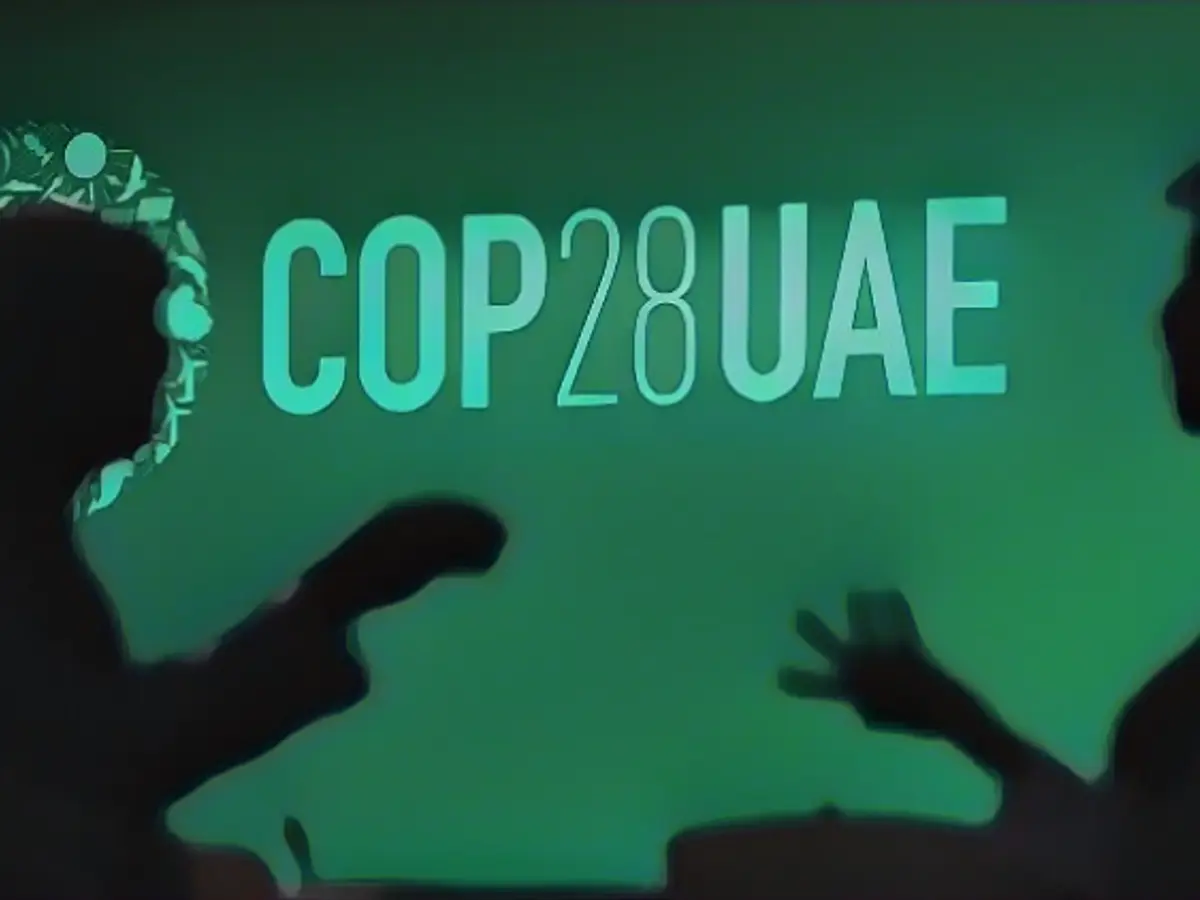USA Steps Up Methane Emission Regulations to Combat Climate Change
At the Dubai climate conference, the U.S. government declared stricter targets for methane emissions reduction, recognizing its role in global warming. This move follows the EU's proactive stance on limiting methane emissions, including measures like regular methane leak searches and repairs in their oil, gas, and coal industries.
Methane, a more potent greenhouse gas than carbon dioxide, poses a significant threat to climate change. It escapes during various processes, such as coal, oil, and natural gas extraction, animal livestock, and waste management. The concentration of methane has surpassed pre-industrial revolution levels, currently being more than 2.5 times higher, according to the World Meteorological Organization.
The U.S. and EU initiated an international agreement, the Global Methane Pledge (GMP), to mitigate this issue at the 2020 climate conference. Over 150 countries have signed the pact, aiming to reduce man-made methane emissions. However, key countries like China, India, and Russia are yet to join the initiative.
The U.S., with its latest regulations, aims to oblige oil and gas producers to fix methane leaks, following the EU's lead in reducing methane emissions. The new rules will incentivize companies to lower their methane emissions through a fee structure that charges facilities for each metric ton of methane exceeding a set limit. This scheme could potentially reduce emissions by 1.2 million metric tons by 2035, according to the EPA.
While these regulations are commendable, their success remains contingent upon implementation. The EU, with a more structured and comprehensive regulatory framework, boasts an impressive 36% reduction in methane emissions between 1990 and 2020, primarily due to improvements in the energy and waste sectors. The critical factor enabling Germany's 66% reduction between 1990 and 2022 is the end of hard coal mining and enhanced management of methane emissions at landfills and waste facilities.
Meanwhile, China recently unveiled a 14-page plan to reduce methane emissions, albeit lacking clear figures and data. Some countries, including the EU, have also taken steps to tighten oil, gas, and coal industry rules with clear timelines and bans on methane flaring.
In conclusion, the U.S.'s stricter methane emission regulations are a welcomed addition to the fight against climate change, as methane represents a significant contributor to global warming. The value of such international focus on reducing methane emissions cannot be underestimated. Yet, actual implementation and impact assessment will ultimately determine the success of these regulations.







